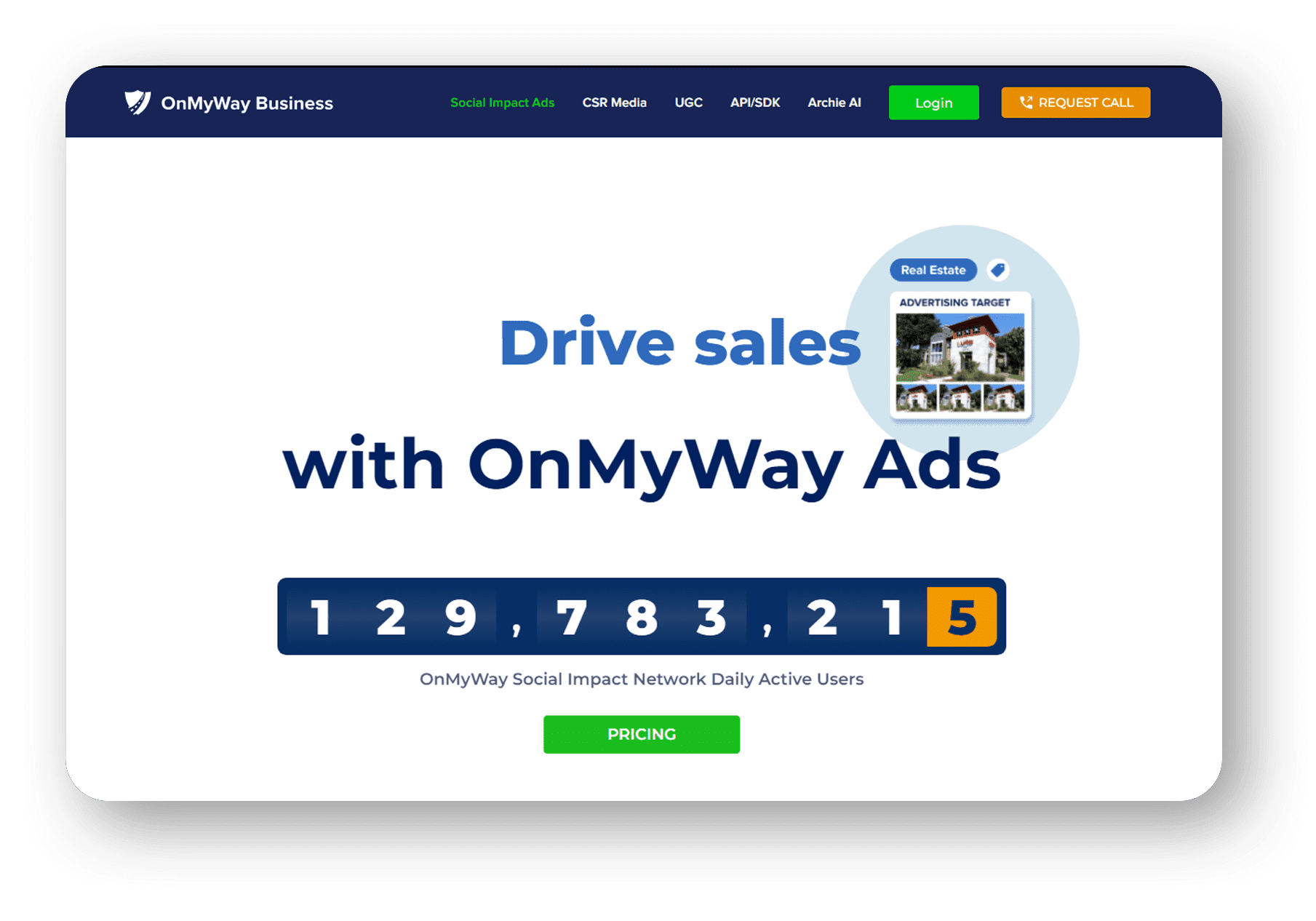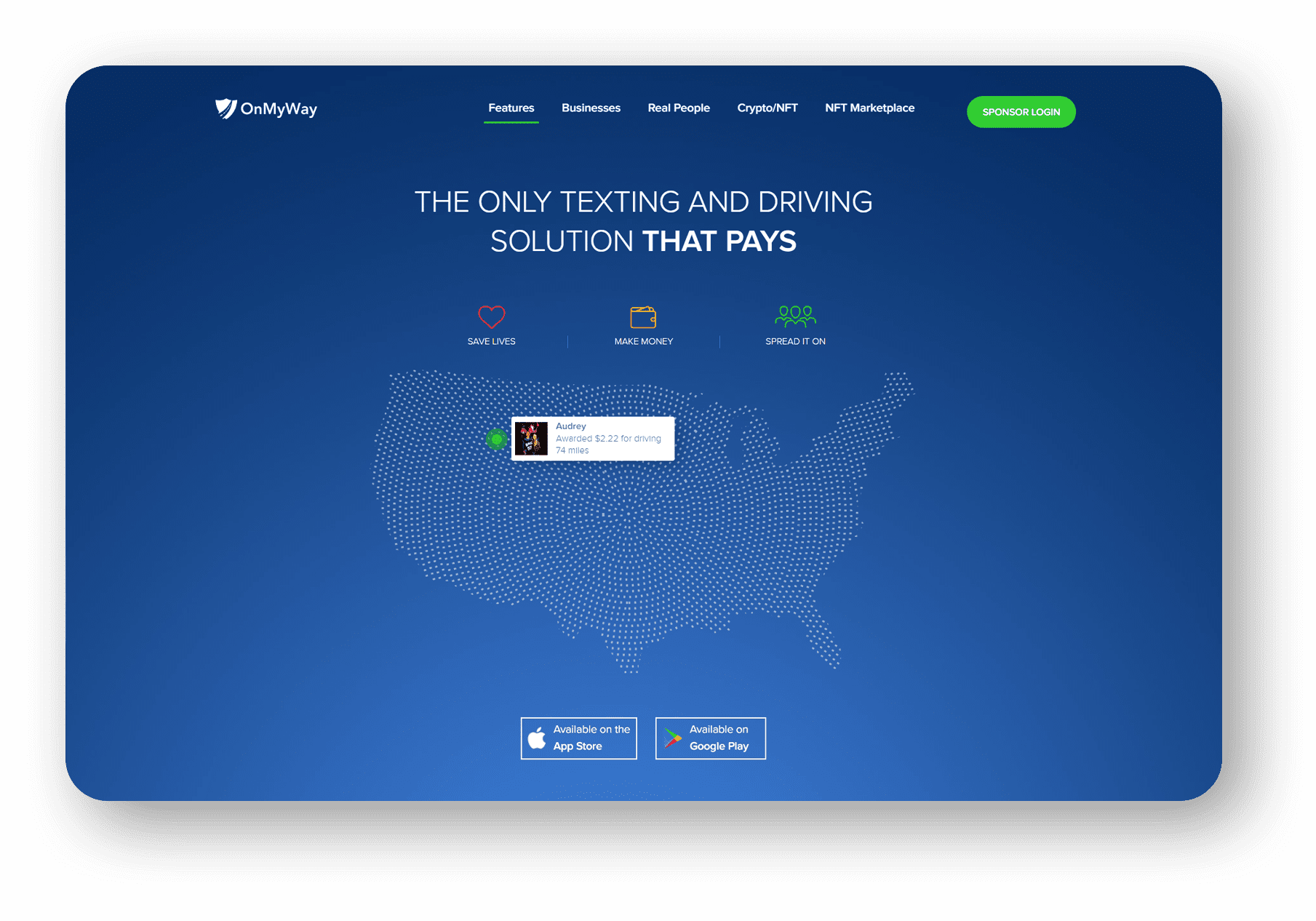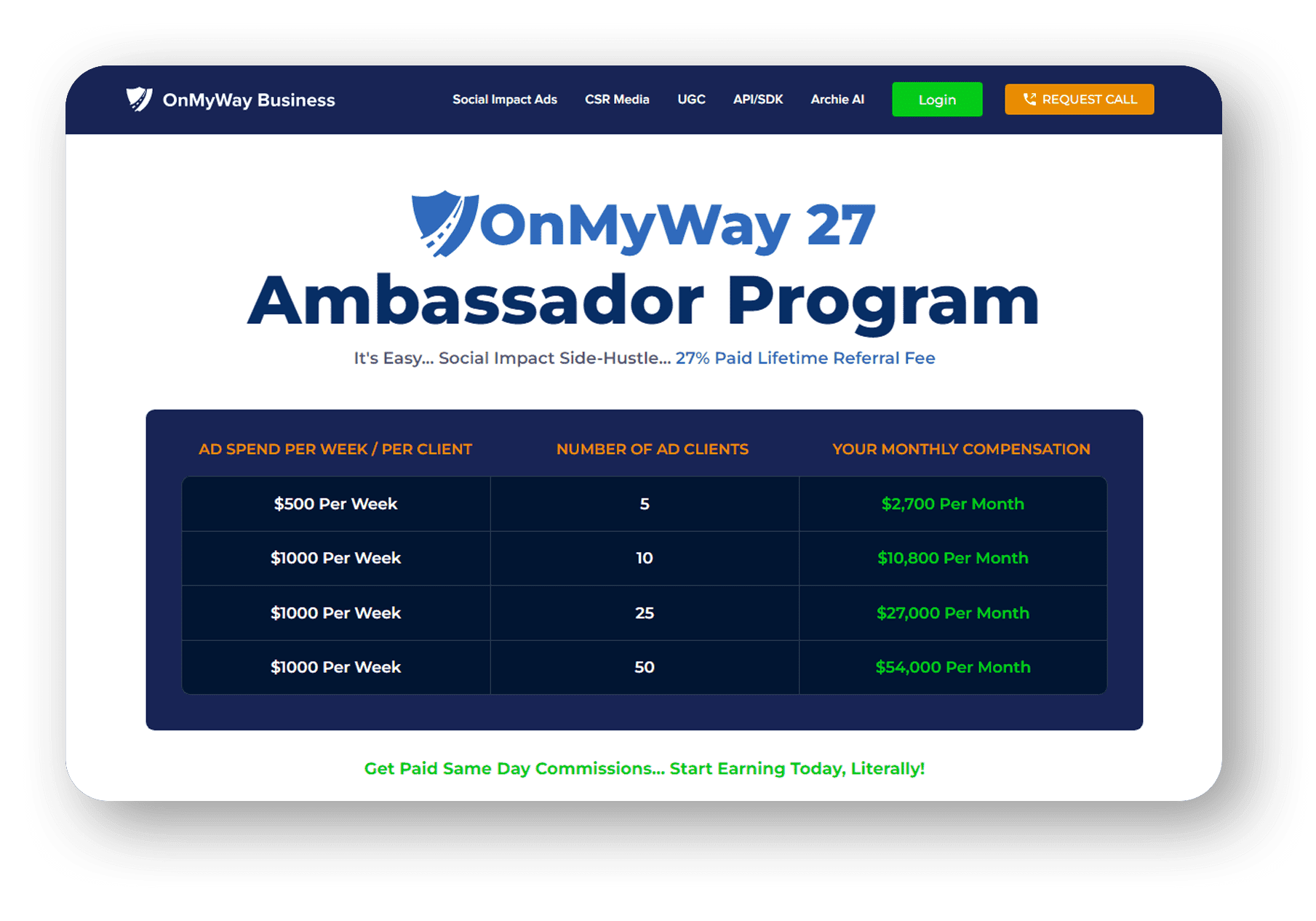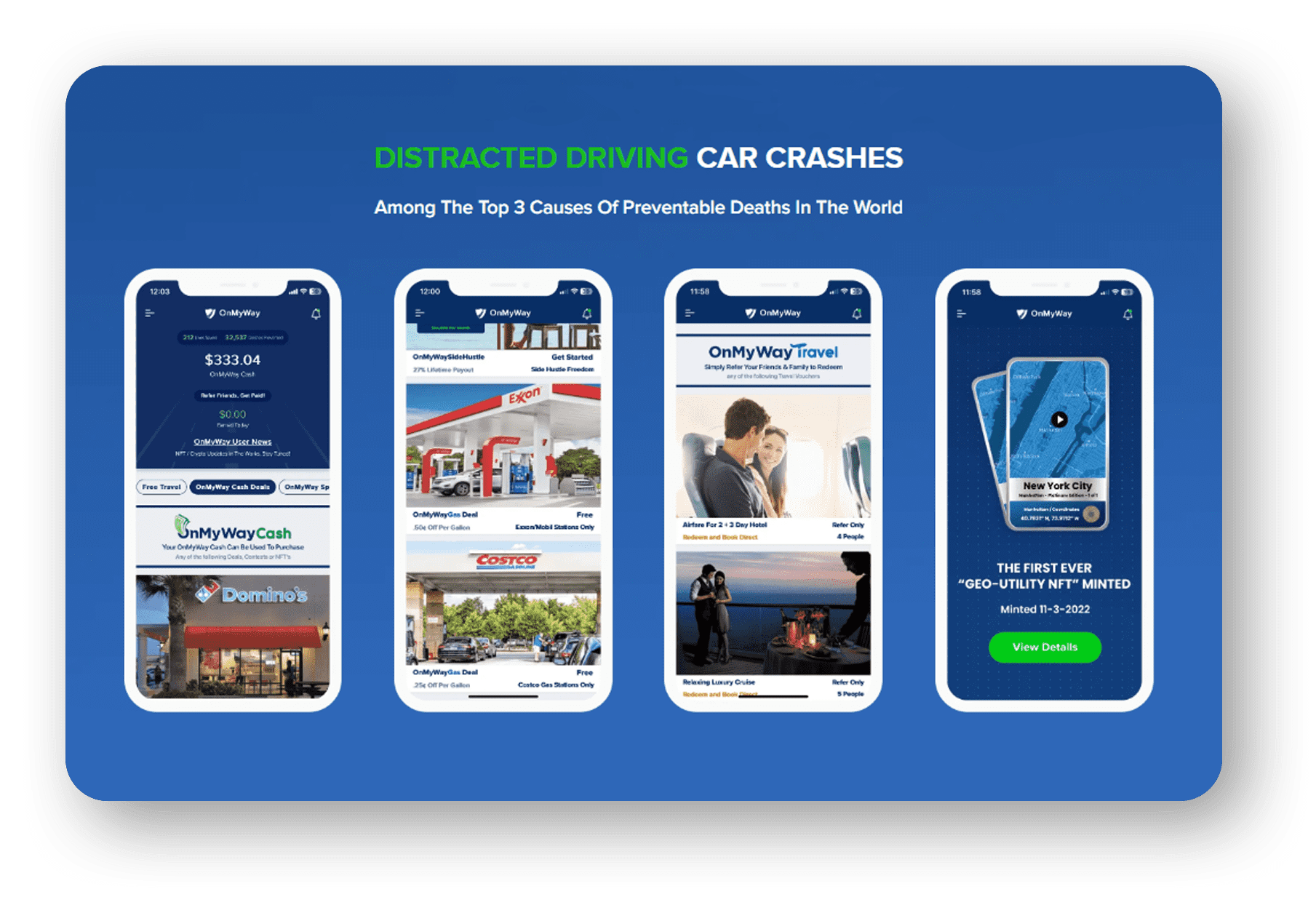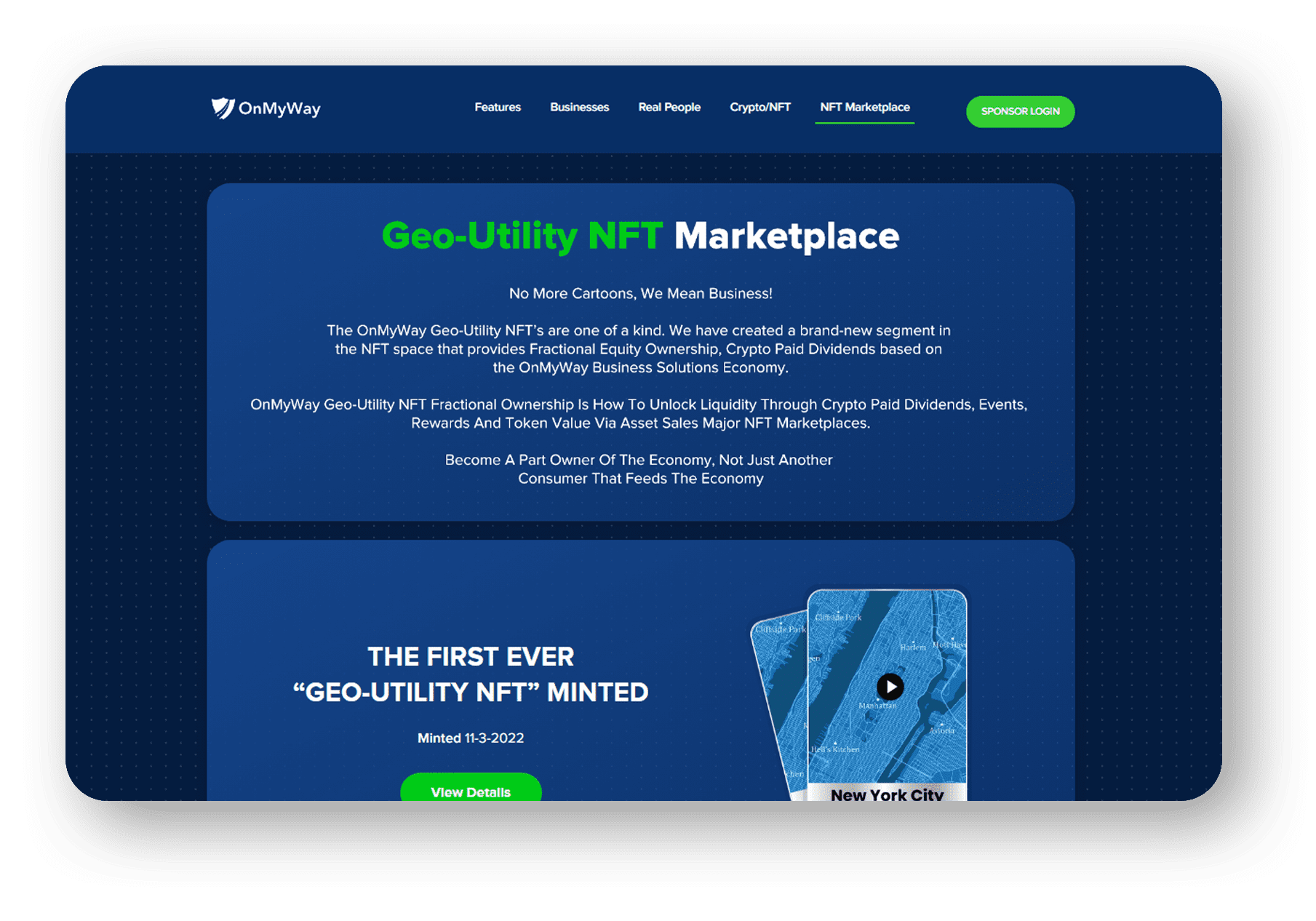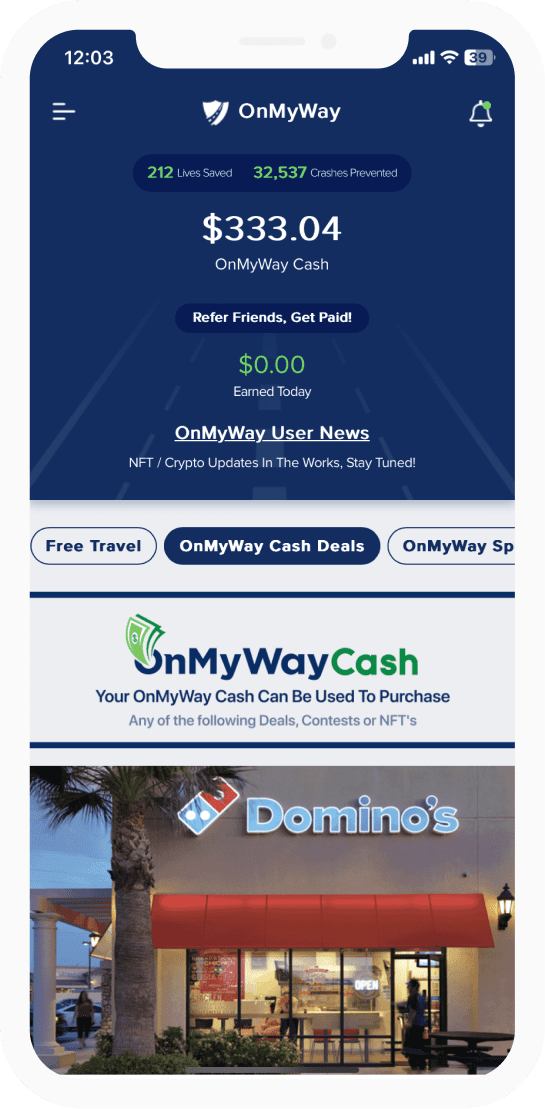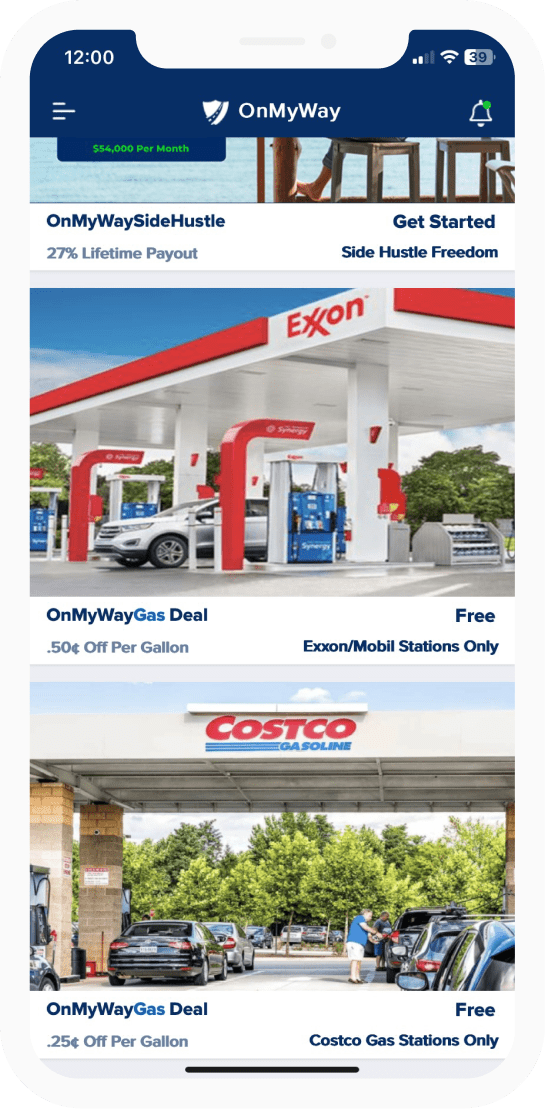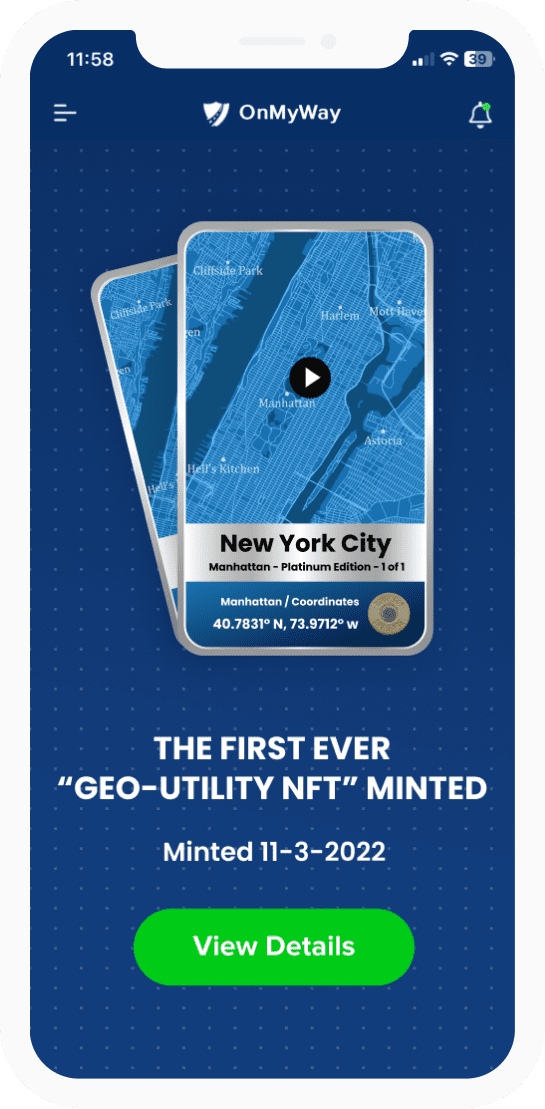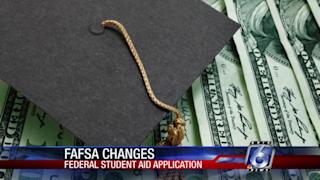
FAFSA, the Free Application for Federal Student Aid, is a loan program that helps students pay for college. Today is the first day families can apply, and every year millions of families do. This year, though, there are some changes. And NPR’s Elissa Nadworny is here to get us up to date on those. Hi, Elissa.
ELISSA NADWORNY, BYLINE: Good morning.
KING: What are the changes? What do people need to know?
NADWORNY: So the big change is that in previous years, students who had a prior drug conviction or male students who failed to register for Selective Service would be disqualified from federal student aid. That is no longer the case. Those questions, though they’re still on the form, will no longer disqualify students from free money like Pell Grants or from federal student loans. And this is the first in a bunch of new changes coming to FAFSA courtesy of recent federal legislation. I talked with Justin Draeger, the president of the National Association of Student Financial Aid Administrators.
JUSTIN DRAEGER: The big changes, changing federal methodology and the way that we ask questions in the front end, won’t be implemented until ’24, ’25.
NADWORNY: But the idea is to make this more equitable and easier to fill out. Ultimately the hope is someday, families could potentially apply for financial aid just by completing their tax returns.
KING: Hopefully, simplifying things will help. But getting students or getting their parents and the students to fill this out is a challenge in its own right.
NADWORNY: Absolutely. And the pandemic didn’t help. We know that for the class of 2020, those seniors that graduated first during the pandemic, FAFSA completion was down 3.7%, which is a big drop.
KING: What about kids who graduated in the spring and summer of 2021, this year?
NADWORNY: High schoolers who graduated in 2021 – their class had even fewer students fill out the FAFSA. Of course, that could be a – yeah, a bunch of reasons, like school was virtual last year, so you couldn’t just walk down the hall, see your guidance counselor, your college counselor. Numbers were lower at high-poverty schools and schools with large numbers of Black and Hispanic students. Bill DeBaun works for the National College Attainment Network. And he says low FAFSA numbers mean often fewer people end up going to college.
BILL DEBAUN: FAFSA is one of the best leading indicators that we have about college going. And to see it really go off the rails for two graduating classes and not have a ton of confidence that it’s going to get back on track for the current one really does sound the alarm.
NADWORNY: And now that so many high schools are back in person, experts say we got to focus on getting students to complete this key form, so we can see more students go to college.
KING: So who exactly should be filling out this form?
NADWORNY: Well, if you or someone in your family is planning on going to college next year, honestly, even if you’re just thinking about it, you should fill it out. Even if you don’t think you’re going to qualify – maybe you think you make too much, or you don’t want to take out loans – just fill it out. There is free money on the table. Dominique Gunn, who oversees college advising in Columbus, Ohio – she told me it’s way easier to fill out than a lot of families and students think.
DOMINIQUE GUNN: The unknown is what’s scary, right? Like, I don’t know what this form is. I’ve never heard of it before. It has all these weird letters. What is this? But once you just sit down, look at it, do it, submit, then you’re like, oh, that wasn’t even that bad.
NADWORNY: The thing is FAFSA – you know, it used to be this long paper form. Maybe some listeners remember. Now it’s totally online. They even have a mobile app. And, you know, one thing I think that’s really important is in some places, the pot is limited. So the earlier you do this, the better.
KING: I remember that form. Or at least my mom does.
NADWORNY: (Laughter).
KING: NPR higher ed reporter Elissa Nadworny, thanks so much.
NADWORNY: You bet.
OVERVIEW
OnMyWay Is The #1 Distracted Driving Mobile App In The Nation!
OnMyWay, based in Charleston, SC, The Only Mobile App That Pays its Users Not to Text and Drive.
The #1 cause of death among young adults ages 16-27 is Car Accidents, with the majority related to Distracted Driving.
OnMyWay’s mission is to reverse this epidemic through positive rewards. Users get paid for every mile they do not text and drive and can refer their friends to get compensated for them as well.
The money earned can then be used for Cash Cards, Gift Cards, Travel Deals and Much, Much More….
The company also makes it a point to let users know that OnMyWay does NOT sell users data and only tracks them for purposes of providing a better experience while using the app.
The OnMyWay app is free to download and is currently available on both the App Store for iPhones and Google Play for Android @ OnMyWay; Drive Safe, Get Paid.
Download App Now – https://r.onmyway.com
Sponsors and advertisers can contact the company directly through their website @ www.onmyway.com



